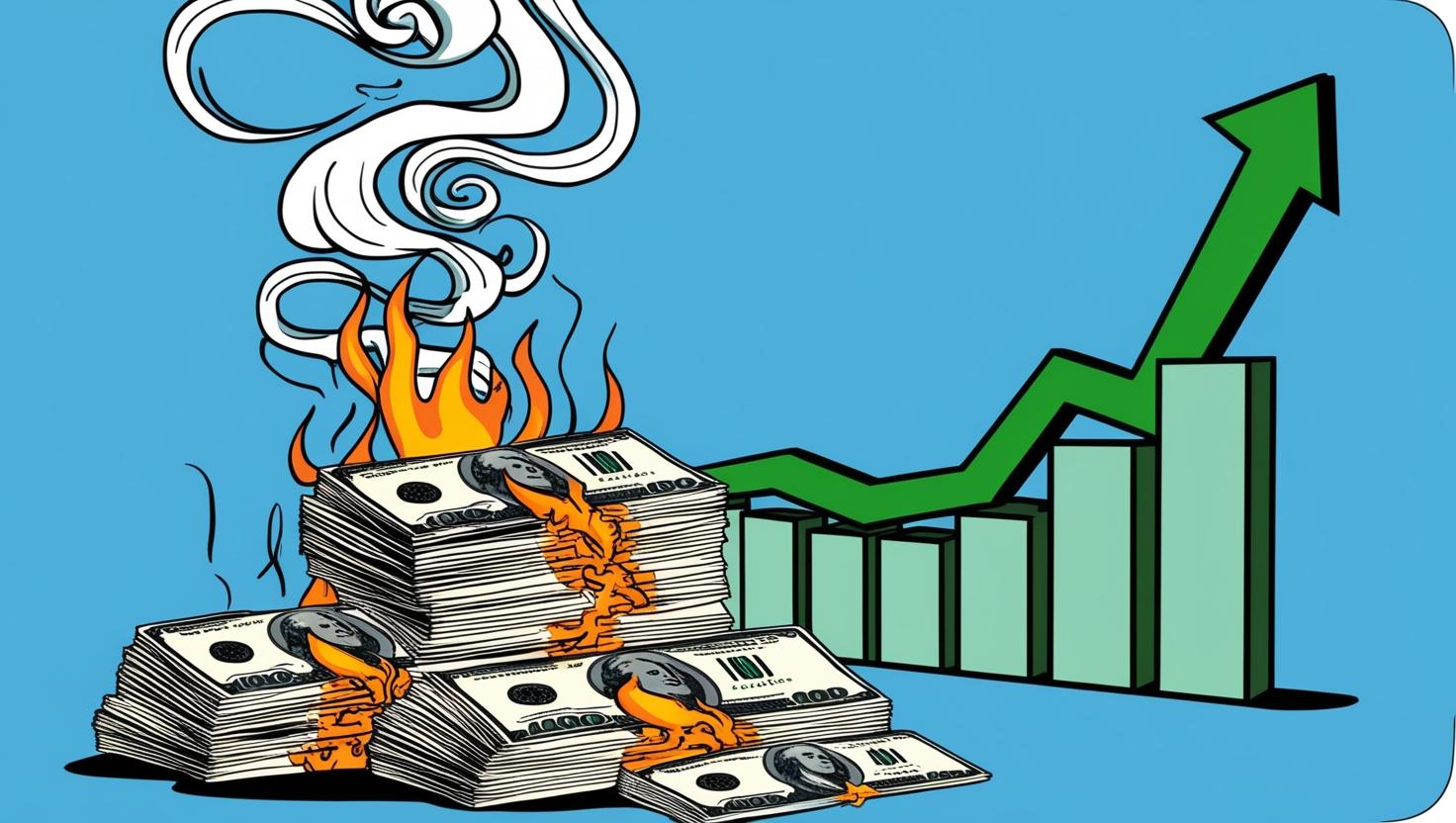NISM Certification Training
(25)+ Courses

Introduction
Inflation, the gradual increase in the prices of goods and services over time, is a critical factor in personal finance and investing. While often viewed negatively due to its impact on purchasing power, inflation also plays a nuanced role in shaping investment strategies and financial planning. Understanding how inflation works, its effects, and ways to mitigate its impact can help individuals and investors make better financial decisions. This article explores the causes of inflation, its effects on personal finance and investments, and strategies to safeguard your wealth.
What is Inflation?
Inflation is the rate at which the general price level of goods and services rises, eroding the purchasing power of money. It is typically measured using indices like the Consumer Price Index (CPI) or the Wholesale Price Index (WPI).
Example:
If an item costs ₹100 today and inflation is 5%, the same item will cost ₹105 a year later.
Inflation can be classified into:
Effects of Inflation on Personal Finance
Inflation and Investments
Inflation directly affects the performance and value of investments, influencing asset classes differently:
Strategies to Protect Against Inflation
The Role of Inflation in Financial Planning
Inflation must be accounted for in long-term financial goals like retirement, education, and home ownership. For example, if you plan to retire in 20 years with expenses of ₹50,000 per month today and inflation is 6%, your monthly expenses will rise to approximately ₹1,60,000 by the time you retire.
Example: Inflation’s Impact Over Time
Consider an individual saving ₹10,000 monthly in a fixed deposit offering a 5% annual return, while inflation is 6%. Although the nominal value of the savings grows, the real purchasing power declines over time. To counter this, investing in equities or mutual funds with an average annual return of 10% could outpace inflation and grow wealth in real terms.
Conclusion
Inflation is an inevitable economic phenomenon, but understanding its effects on personal finance and investments can help you mitigate its impact. By adopting strategies such as investing in inflation-resistant assets, diversifying your portfolio, and planning for future expenses, you can safeguard your wealth and maintain financial stability. Embrace inflation as a factor in your financial planning, and make informed decisions to stay ahead of rising prices.
Sources
